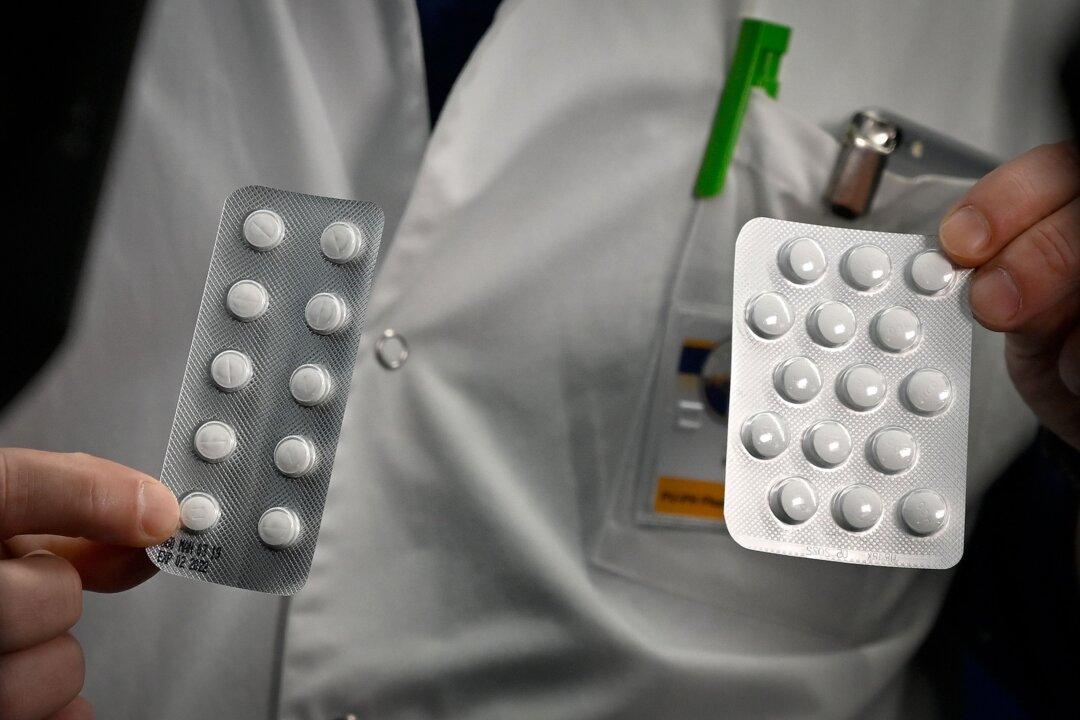A drug used around the world to treat malaria has been rated the “most effective therapy” in treating CCP virus patients, according to a new survey.
Sermo, a healthcare polling company, asked 6,227 physicians across 30 countries which therapy they'd list as the most effective. More than one out of three, or 37 percent, chose hydroxychloroquine.





